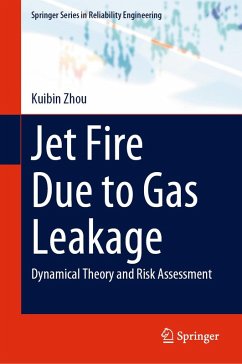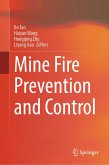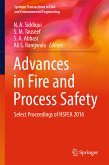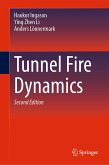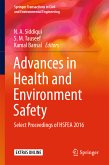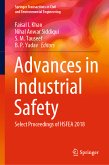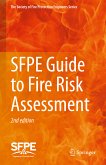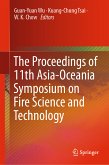The sub-models within the theoretical framework are developed using the fundamental principles of thermodynamics, combustion, fluid dynamics, and heat transfer, and have been validated by small-scale laboratory tests. However, the theoretical framework receives the validation of field tests and real-world case studies. The theoretical deductions in this book offer significant guidance for scaling up from the laboratory experiments to field applications. The book is intended for anyone interested in understanding the risks associated with gas leaks and jet fires. The methodology enables the calculation of hazards for specific processes in isolation or their integration to assess overall consequences.
Dieser Download kann aus rechtlichen Gründen nur mit Rechnungsadresse in A, B, BG, CY, CZ, D, DK, EW, E, FIN, F, GR, HR, H, IRL, I, LT, L, LR, M, NL, PL, P, R, S, SLO, SK ausgeliefert werden.

